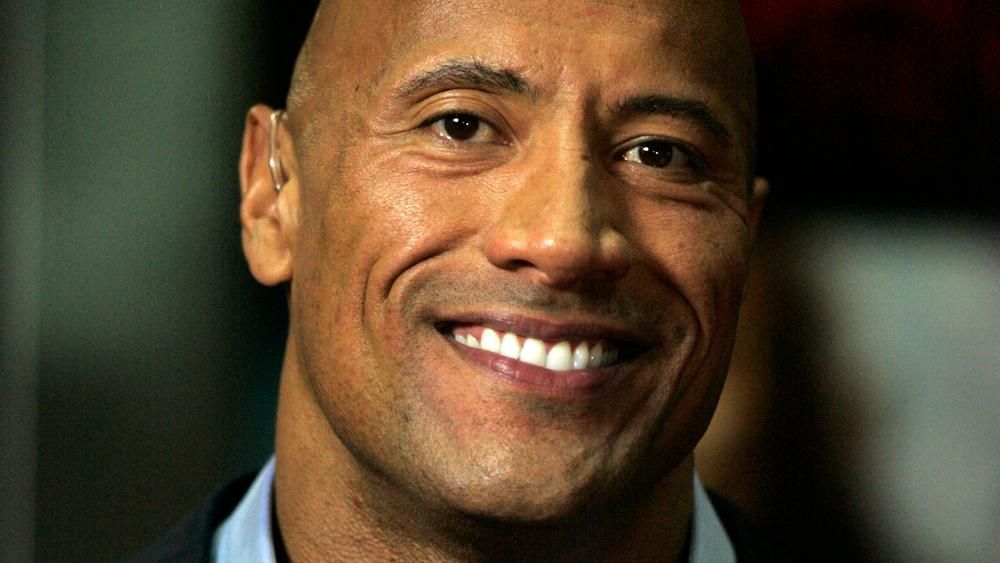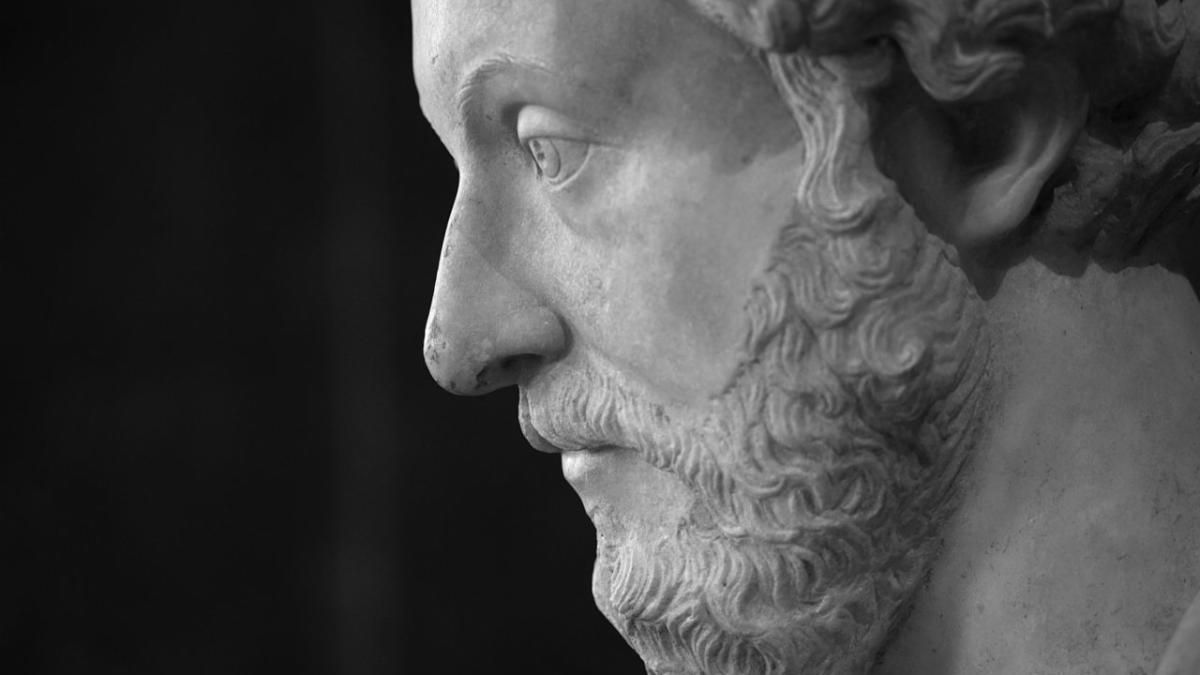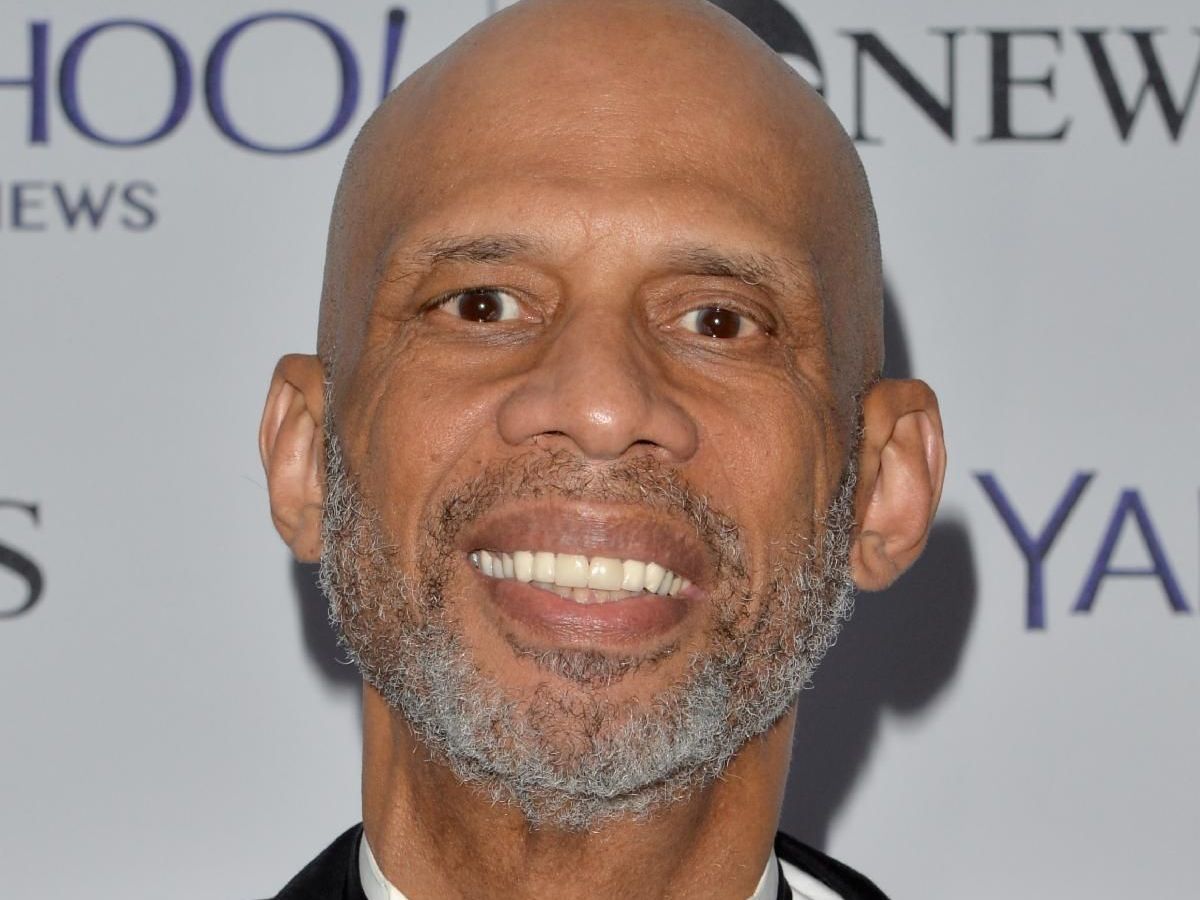
Blog Layout
In the Crucible: Leading beyond War and Assassination
J.P. Montalvan • March 18, 2024
"The Civil War defined us as what we are and it opened us to being what we became, good and bad things...
It was the crossroads of our being, and it was a hell of a crossroads."
— Shelby Foote, Author
photo courtesy of Apple
____________________
Edwin was born in the small town of Steubenville, Ohio. His education started in Miss Randle’s kindergarten and was followed by Henry Orr’s seminary around the block. At 10, he entered George Buchanan’s nearby Latin school where he was called “an imperious and self-reliant young man.”
Edwin’s lifelong struggle with asthma might have contributed to his temper, but so could have the early death of his father and the deaths of his brother and two children.
And on the eve of achieving his life’s dream — nomination to the Supreme Court — Edwin Stanton’s chronic asthma caused his death in 1869.
I’m enjoying a new TV show — Monica Beletsky’s “Manhunt” miniseries. It chronicles the 12-day hunt for John Wilkes Booth as a true-crime detective thriller.
Based on the book “Manhunt: The 12-Day Chase for Lincoln’s Killer” by writer James L. Swanson, the show goes well beyond getting the bad guy, portraying the American tragedy about a divided nation in the wake of the U.S. Civil War. It’s also the story of Edwin Stanton — husband, father, attorney, Attorney General and Secretary of War — at the one of our country’s most turbulent times.
As I watch the story unfold and dive deeper into the life of Edwin Stanton, I’m thinking that we can learn a lot about leadership by studying the events during Stanton’s life…
Be ready to play defense.
The United States wasn’t prepared to protect a president in 1865. Almost prophetically, President Abraham Lincoln established the Secret Service the same day he was assassinated at Ford's Theatre in Washington, D.C., by John Wilkes Booth. However, it would take another 36 years and the assassination of two more Presidents — James Garfield and William McKinley — before Congress added protection of the President to the list of duties performed by the Secret Service.
Be ready to grow into new roles.
Edwin wasn’t born a leader. He took up the law in his early adulthood and grew into his leadership. He was a staunch Democrat but grew steadily more outspoken in his opposition to slavery. As Attorney General, he opposed the abandonment of Fort Sumter in the Charleston, South Carolina, harbor by Union forces. During the Civil War, he grew to insist on tighter management of the War department, gave little to people who sought favors, and continually pushed for a more aggressive prosecution of the war. He agreed to continue in his post under President Andrew Johnson and skillfully managed the difficult demobilization of Union and Confederate forces at the end of the war.
Be ready to lead when others can’t — or won’t.
While the North mourned Lincoln’s death and the South watched and waited, Stanton held the nation together. Shot on Good Friday, Lincoln was mourned in churches across the North on Easter Sunday as a Christ-like savior who died for his nation’s sins, and during Passover-week Sabbath services Lincoln was compared to the Hebrew liberator Moses who had freed his people and led them to the Promised Land only to die before he could see it himself. In the Confederacy, the sentiment was more this: “Old Abe has gone to answer before the bar of God for the innocent blood which he has permitted to be shed, and his efforts to enslave a free people” — meaning Southern whites.
And while others mourned and watched, Edwin played the leading role in the investigation and trial of the conspirators. For a short time, while President Johnson was establishing his presidency, Stanton virtually directed the running of the U.S. government in the stricken capital.
While Stanton took on an ever increasing leadership role, he hardly had an easy road. He was soon fighting with President Johnson over the nature of Reconstruction policy toward the defeated South. He used his position to foster stricter Reconstruction measures than the president desired. The situation finally became so untenable that Johnson tried to remove Stanton from office. Johnson’s persistence resulted in his impeachment by the House of Representatives but fell one short of conviction in the Senate.
Ultimately, Johnson avoiding removal from office meant Edwin had to resign his cabinet position and he returned to private law practice. Later, Stanton was nominated to the U.S. Supreme Court by President Ulysses S. Grant. And unfortunately, he died four days later from the asthma that challenged him throughout his life.
A lot of what we can watch on TV today doesn’t leave us with much to think about beyond drama, whether fictional or “real life," while we have war and assassination happening in our world today. And yet “Manhunt” and its portrayal of Stanton's firm commitment to upholding the not only his principles but the Union's principles is something you might consider watching as you think about how to lean into the challenges in your life.
How can we play defense, grow and be ready to lead when we’re called upon?
That’s exactly why I share my thoughts with you here from time to time. It’s in thinking about these questions that we can find our best leader selves.

By J.P. Montalvan
•
April 21, 2024
As a leadership coach, I get to work with a diverse range of entrepreneurs and intrapreneurs – quite a few real estate agents, fitness professionals, mortgage lenders, government contractors and others. Come April, it's like clockwork – we all start realizing how easy it is to lose sight of our yearly goals by the end of the first quarter. Life gets busy, we get caught up in the whirlwind of reactivity, and suddenly, those big dreams we had at the start of the year feel miles away.

By J.P. Montalvan
•
April 1, 2024
As most of you know, tragedy struck on what would have otherwise been an ordinary night earlier this week in the heart of Baltimore. The Francis Scott Key Bridge, an iconic structure that spanned the Patapsco River, became the focal point of a devastating disaster that has shaken Baltimore and the region to its core. As I think about the events of that night, there’s a lot to unpack, from preparedness and the “why” behind a crisis to quick thinking and the human capacity for heroism in the face of adversity.

By J.P. Montalvan
•
March 27, 2024
Happy Hump Day!
I don’t usually reach out to you on Wednesdays, and I wanted to share that Wednesday isn't just any ol' day – it's the linchpin of your week. Why?
As I’m sharing with my Leadership Circle this quarter, Wednesday isn't just the midpoint of the typical work week calendar. It's a golden opportunity for us to hit pause, reassess, and realign ourselves with what really matters – our weekly priorities.

By J.P. Montalvan
•
March 11, 2024
As I sit here late at night in my parent’s family room, a few hours away from our home, thinking about you, it dawns on me that we’re often wrapped up with how leadership impacts us in the work world. But the reality is that it permeates every part of our lives – and especially our relationships with family and friends.
This weekend, the conversations with my parents are covering a myriad of topics, from advice on navigating parenthood with our newborn daughter to discussing strategies for managing their health.

By J.P. Montalvan
•
March 3, 2024
Recently, Veronica and I took a trip to the beautiful Virginia countryside around Flint Hill, Virginia. As we took in the breathtaking, winter scenery of rolling hills, horses, cattle and more, we decided to stop for lunch at the inviting Dark Horse Irish Pub. Little did we know that our dining experience would include both delicious food and the unexpected wisdom of a heartfelt connection.
Upon entering the cozy pub, we were greeted incredibly warmly. Our waiter was a young man who attended to us graciously through our meal, and when he had to leave was replaced by an older waiter. The older waiter had a twinkle in his eye, as they say, and he immediately struck a chord with us. As our main meal switched to delicious desserts, he engaged us in some lively conversation and took a genuine interest in our newborn daughter in the stroller by our table. His genuine care and enthusiasm was really something.

By J.P. Montalvan
•
February 25, 2024
In the challenging world of Hollywood, with a sea of scripts and opportunities, Reese knew what she wanted. Despite some early success and the offers of darker and more intense roles, she was drawn towards “optimistic” storylines that inspired and uplifted. She wanted to make a meaningful impact on her audience, especially girls and young women.
“I got a role in this movie called Freeway playing this really angry, aggressive, violent young woman who believed wholeheartedly in the truth,” Reese shared. “I had such satisfaction afterward, and I thought, that's what I want to do.”

By J.P. Montalvan
•
February 19, 2024
Closing the Gap: Kareem’s Legacy and Your “Big 3” to Success
In the fast-paced world we live in, it's easy to get caught up in the whirlwind of daily tasks and lose sight of our priorities. If you’re anything like me, it happens when we think about the gaps between where we are and where we want to go, in business or in our personal lives.
Kareem dedicates much of his time now to empowering marginalized communities, reflected in his book "Writings on the Wall: Searching for a New Equality Beyond Black and White." He was asked once about his ability to prioritize amidst the glitz of a storied career.

By J.P. Montalvan
•
February 12, 2024
Getting picked last isn't great. Brock would know…
As February rolls in, it's time for a reality check on our goals. How often have you lost sight of your aspirations by now, slipping from proactive to reactive mode? I know I have in the past. How do we stay focused in the chaos of a competitive, hyperconnected world? That's a heck of a ball game.
And when we lose sight of our goals – our big goals – we are picking ourselves last.

By J.P. Montalvan
•
February 5, 2024
Navigating the Storm: Finding Calm in Life's Turbulence
Many mornings, I like to share with you the stories of people facing unexpected challenges, moments of uncertainty and invaluable lessons on leadership and life amidst life’s storms. Whether it's facing setbacks in recovery, unexpected life events, or professional challenges, the ability to find calm becomes a crucial leadership skill that can make all the difference.
This morning, I’d like to share a little of my personal journey that was January 2024 with you.
